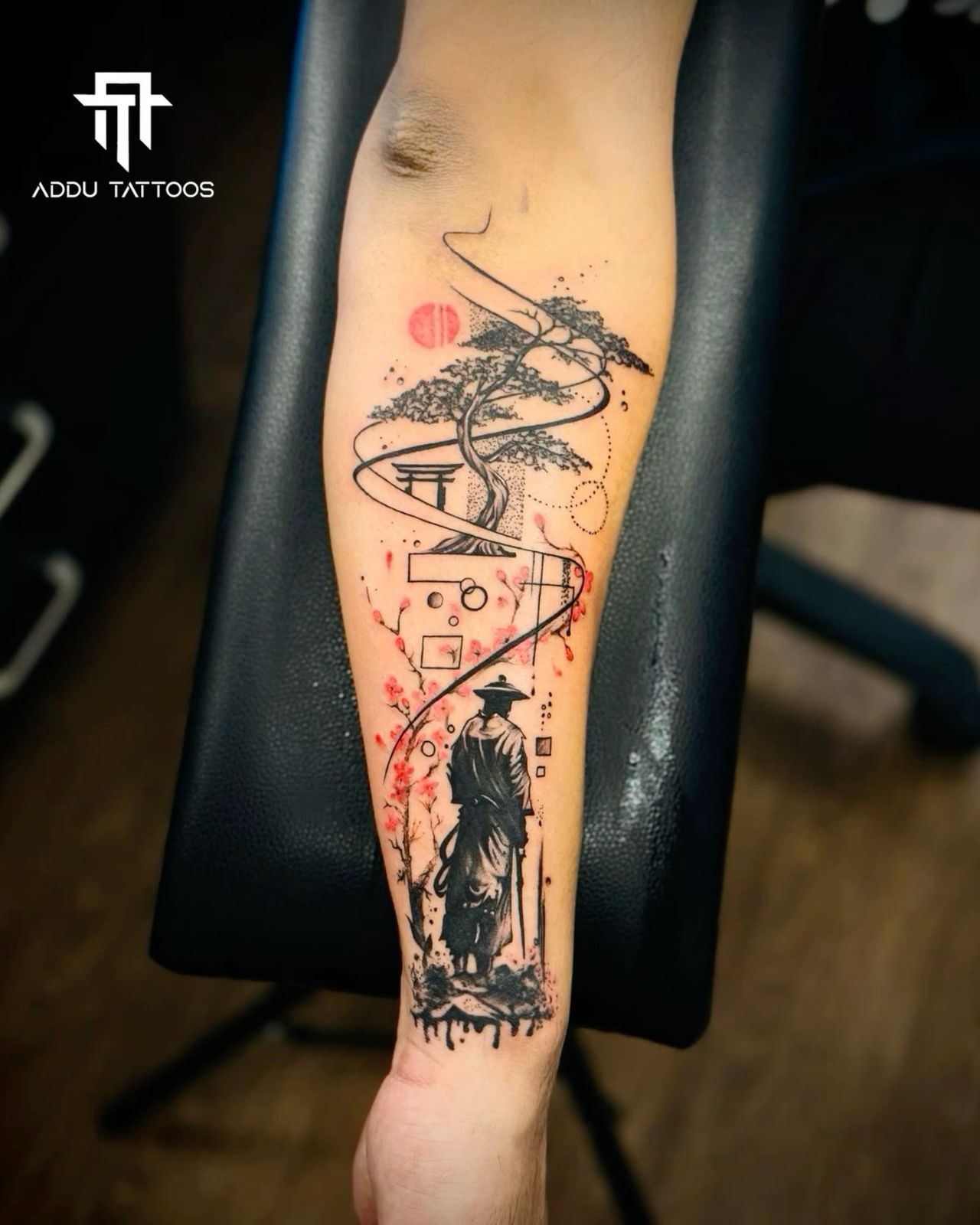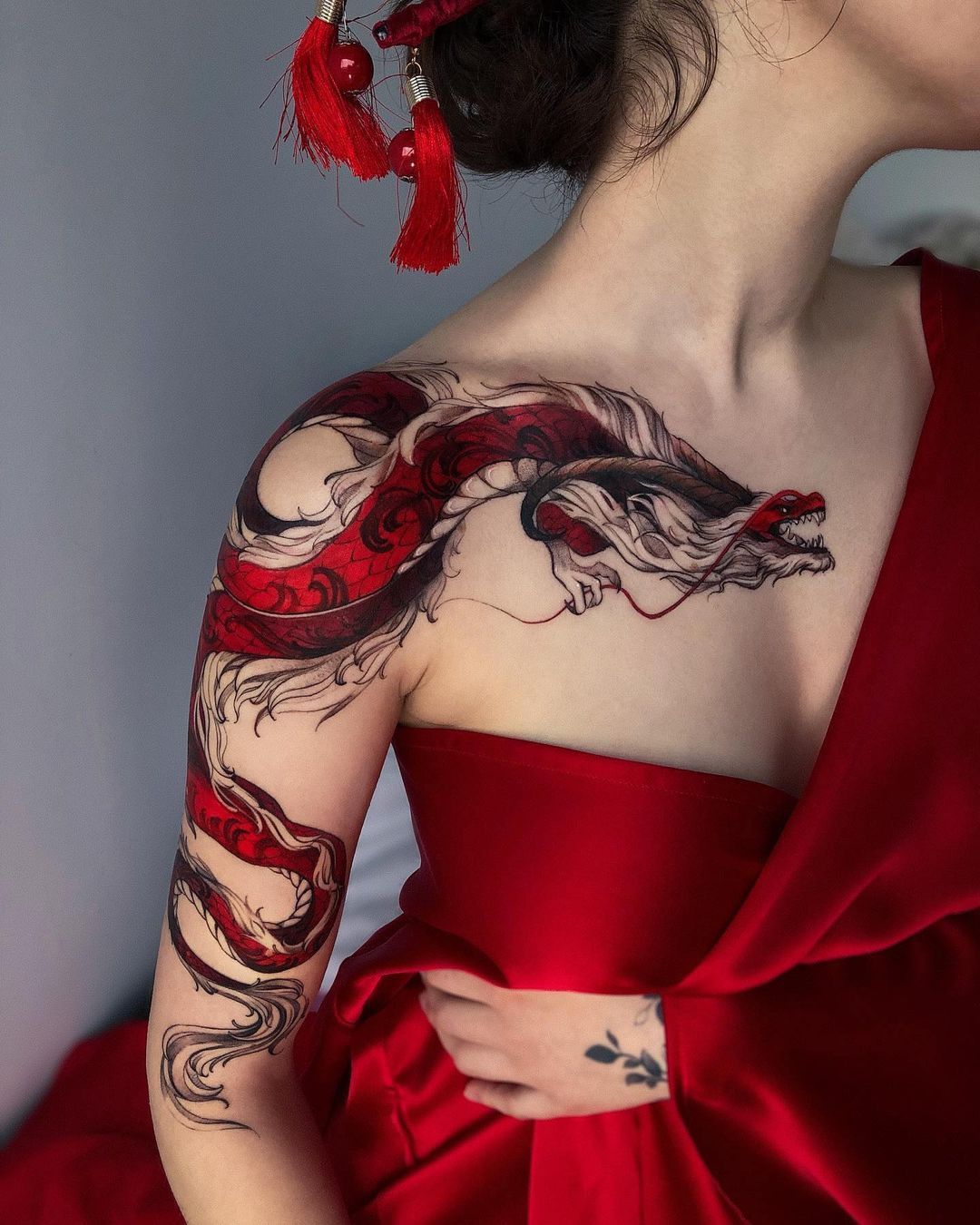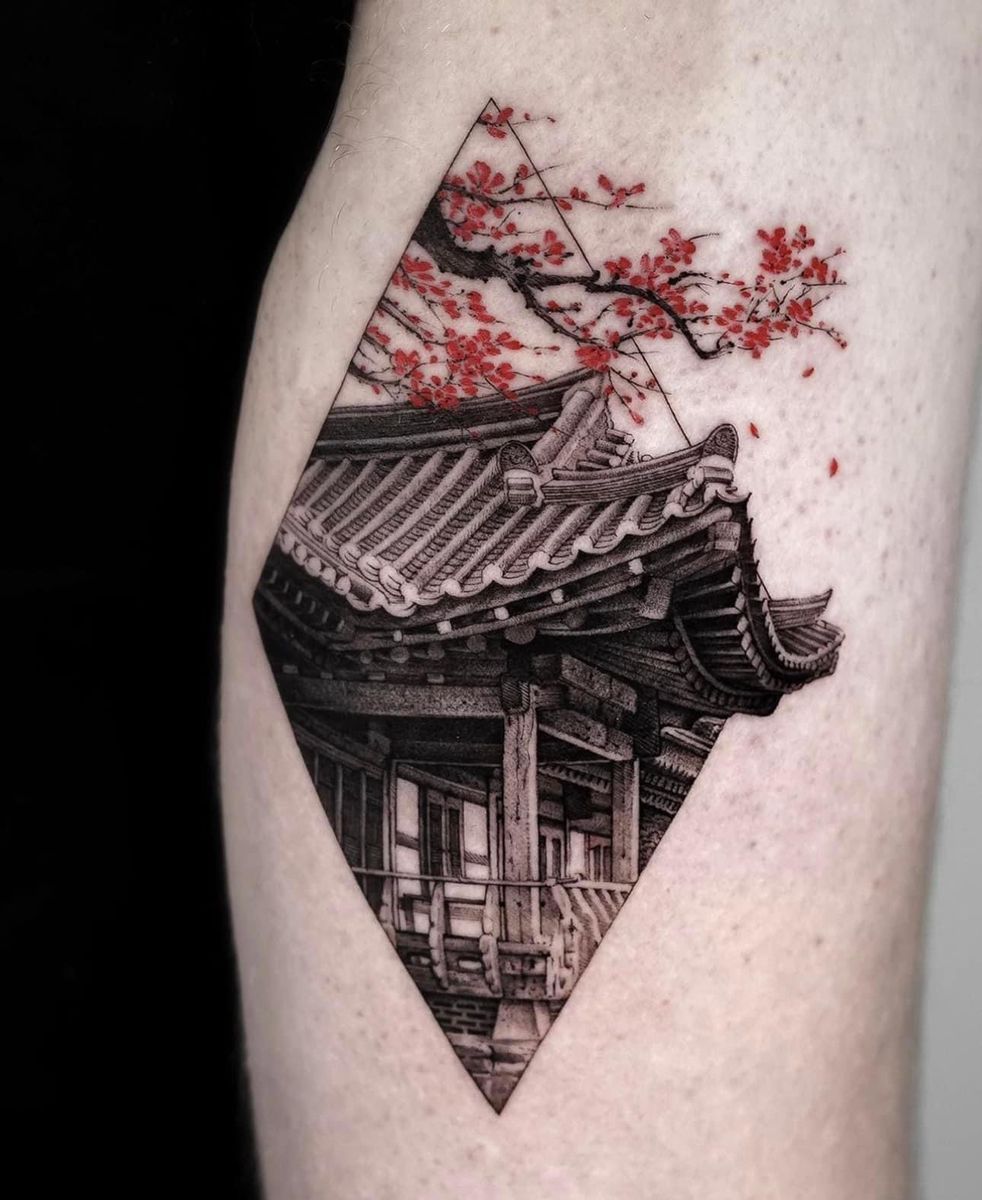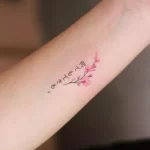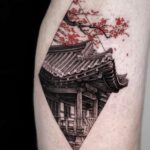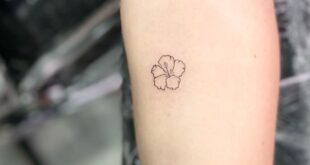Tattoos have a long and storied history in Japan, dating back thousands of years. However, the cultural significance and perception of tattoos in Japan have undergone significant changes over time.
In ancient Japan, tattoos were used as a form of punishment for criminals, marking them as outcasts from society. They were also believed to have protective and spiritual significance, with many warriors and samurais adorning their bodies with symbols and designs to bring them luck and protection in battle.
However, during the Edo period in the 17th century, tattoos became associated with criminality and were banned by the government. Criminals were often branded with tattoos as a form of punishment, further stigmatizing the art form.
Despite this, tattooing continued to thrive in underground circles, with the yakuza, Japan’s organized crime syndicates, adopting tattoos as a form of identity and status symbol. Yakuza members would often have elaborate full-body tattoos, known as irezumi, that were meant to convey their loyalty and dedication to their criminal organizations.
In recent years, attitudes towards tattoos in Japan have started to shift once again. While tattoos are still largely associated with criminality and taboo in mainstream society, they have become increasingly popular among younger generations as a form of self-expression and body art.
However, due to the continued negative stigma surrounding tattoos in Japan, many public establishments, such as gyms, hot springs, and public pools, still have strict no-tattoo policies. This has led to discrimination against individuals with tattoos, with many being denied access to these facilities solely based on their body art.
Despite these challenges, the tattoo culture in Japan continues to thrive, with many talented tattoo artists pushing the boundaries of traditional irezumi and incorporating modern techniques and styles into their work. The intricate and detailed designs of Japanese tattoos have gained international recognition and appeal, attracting tattoo enthusiasts from around the world.
In conclusion, tattoo culture in Japan is a complex and evolving art form that has deep roots in the country’s history and traditions. While attitudes towards tattoos may still be largely negative in mainstream society, the vibrant and talented community of tattoo artists in Japan continues to keep the art form alive and thriving.
 innstyled Tattoo Ideas
innstyled Tattoo Ideas
